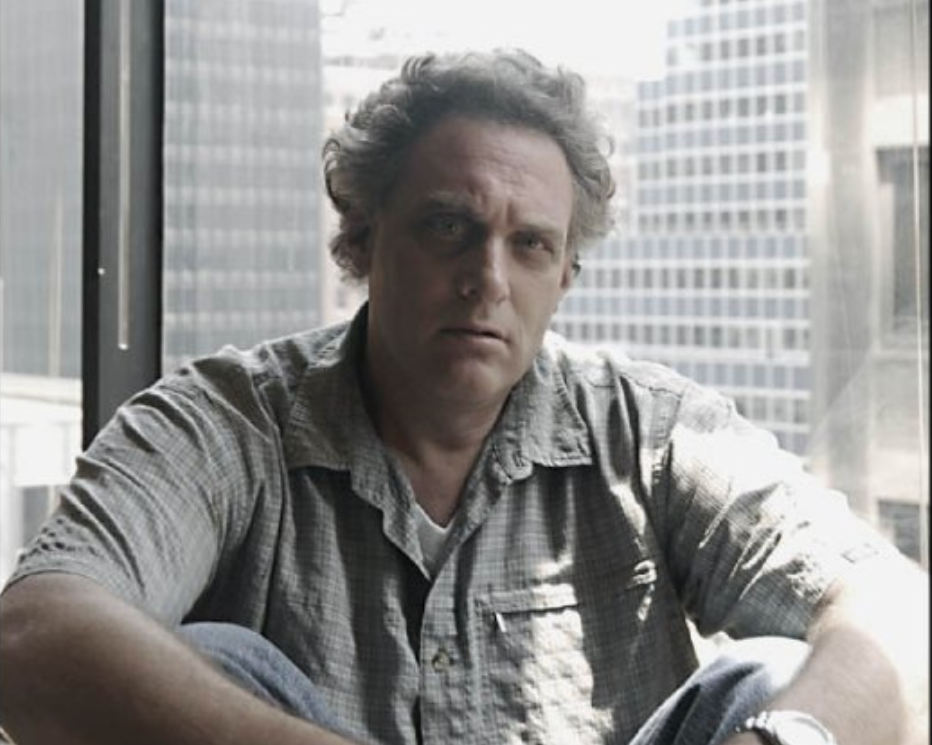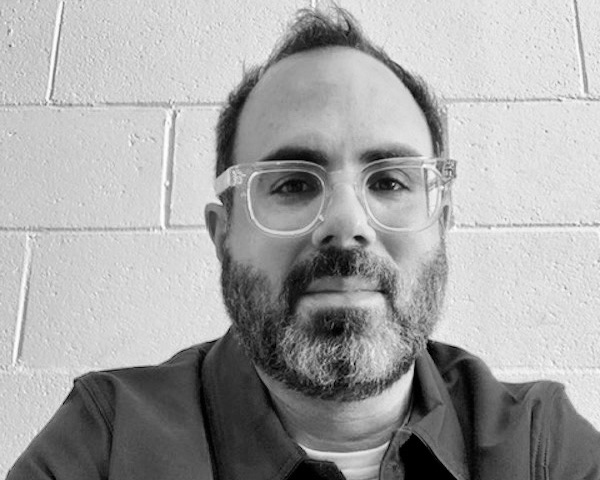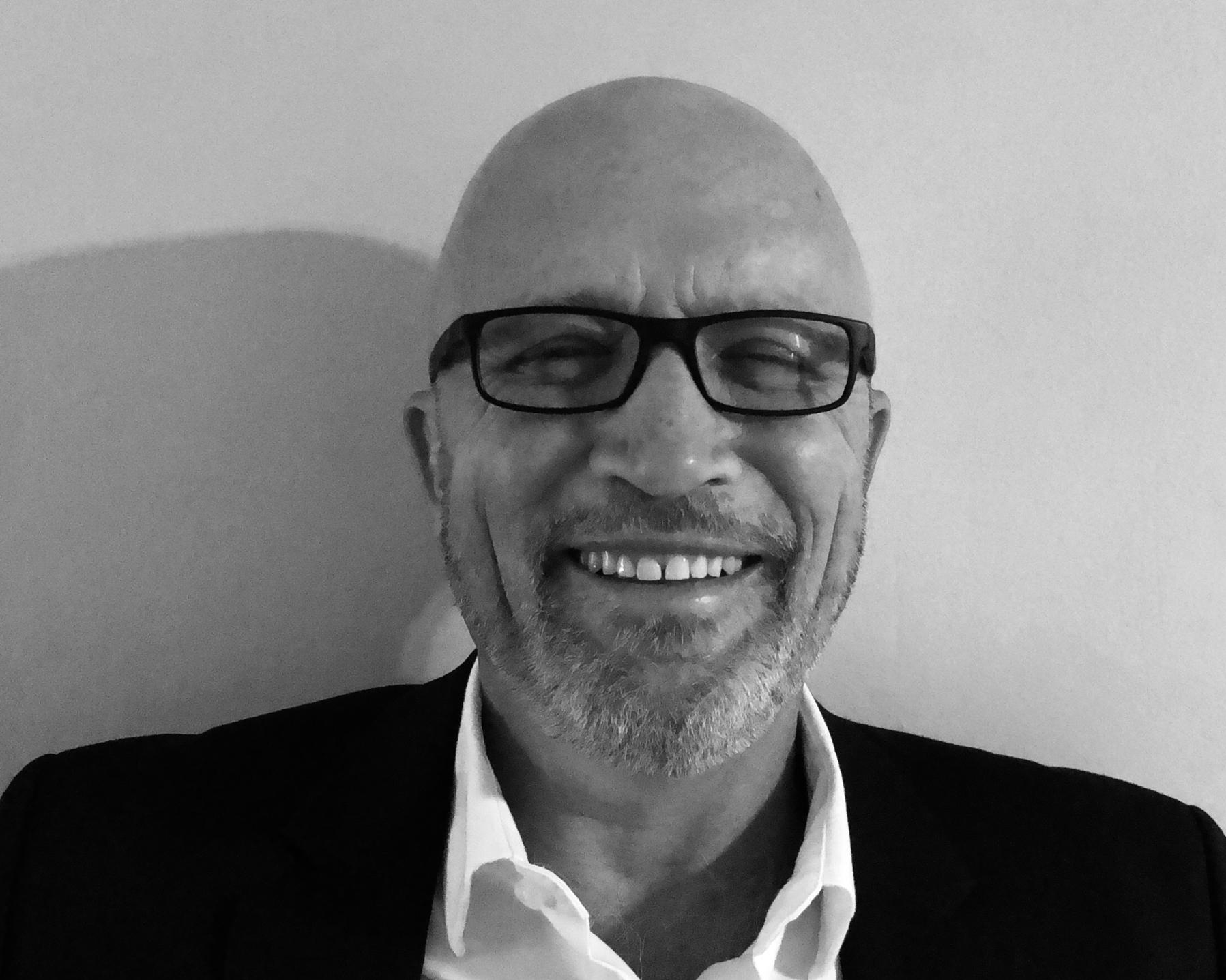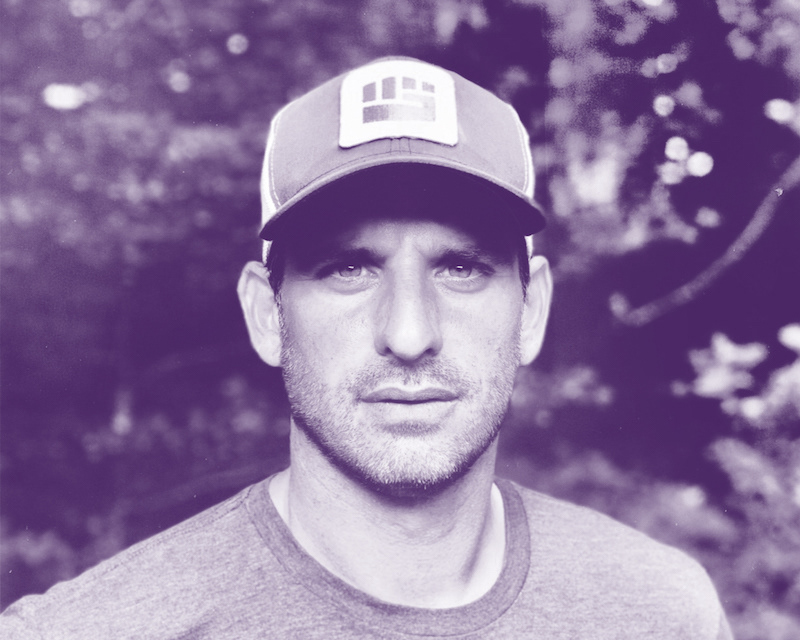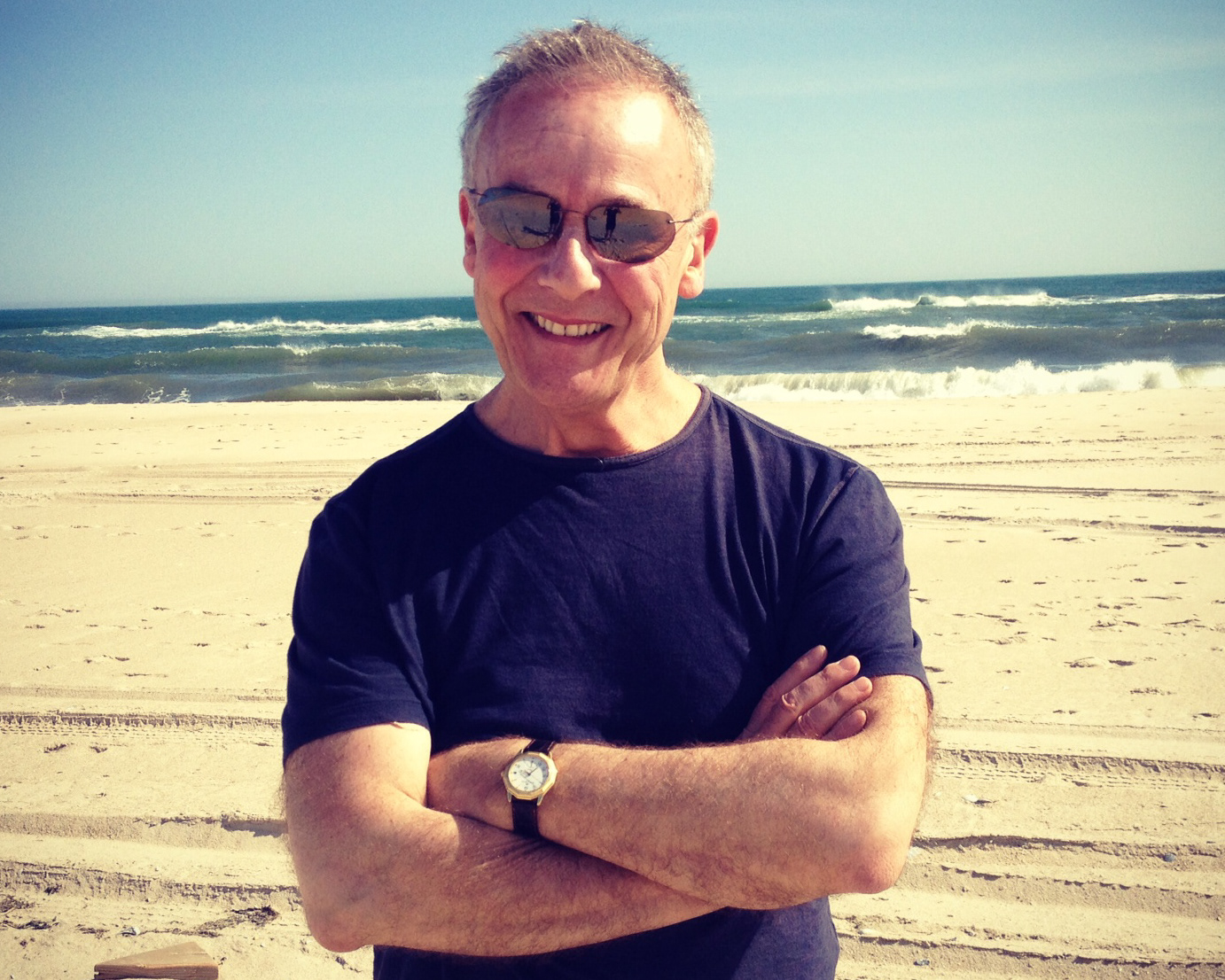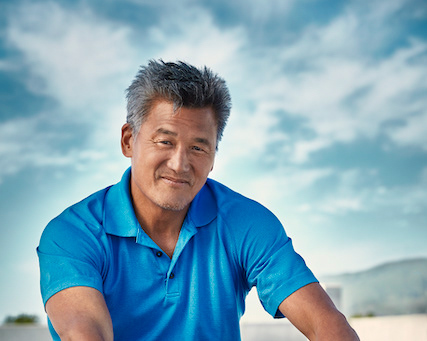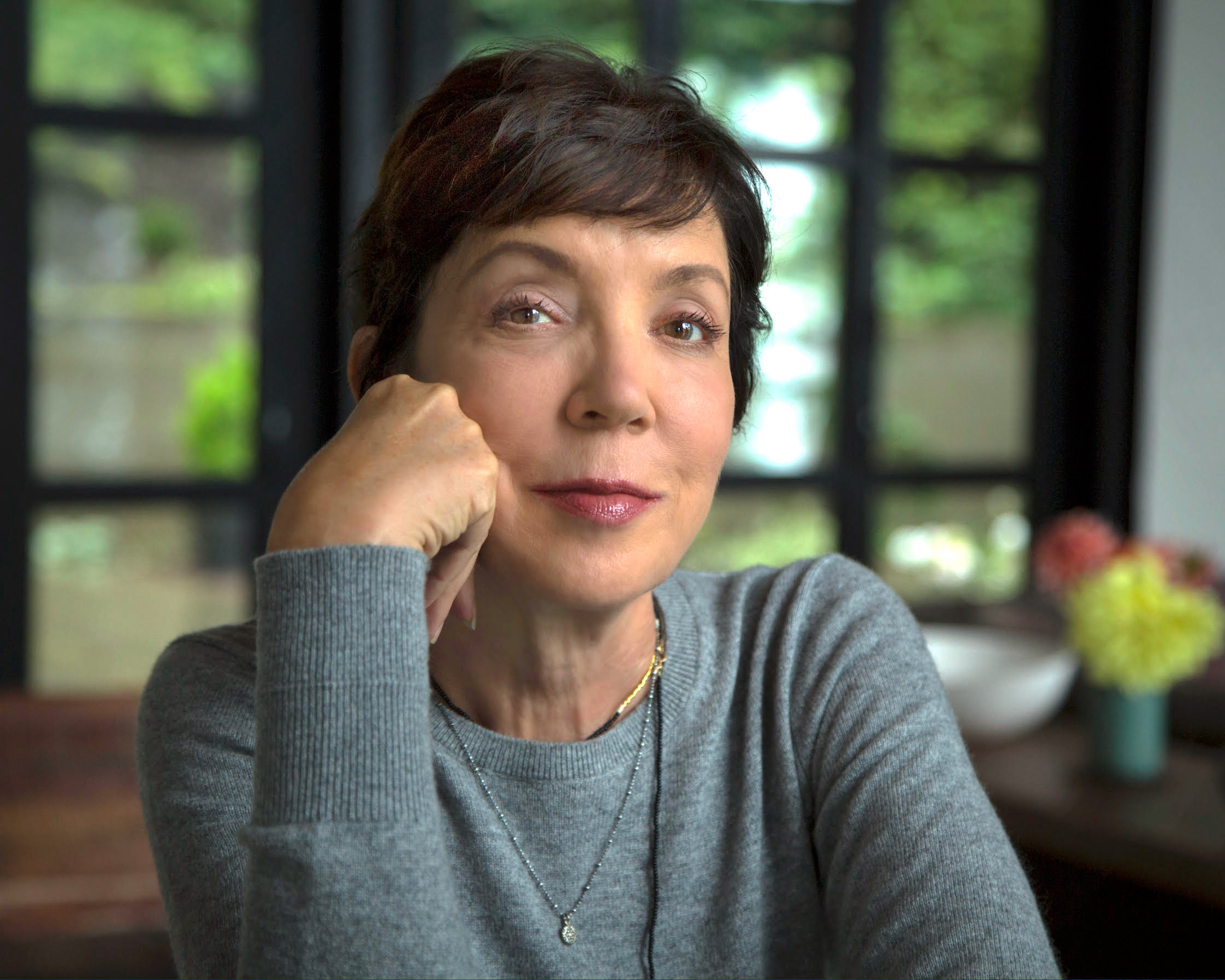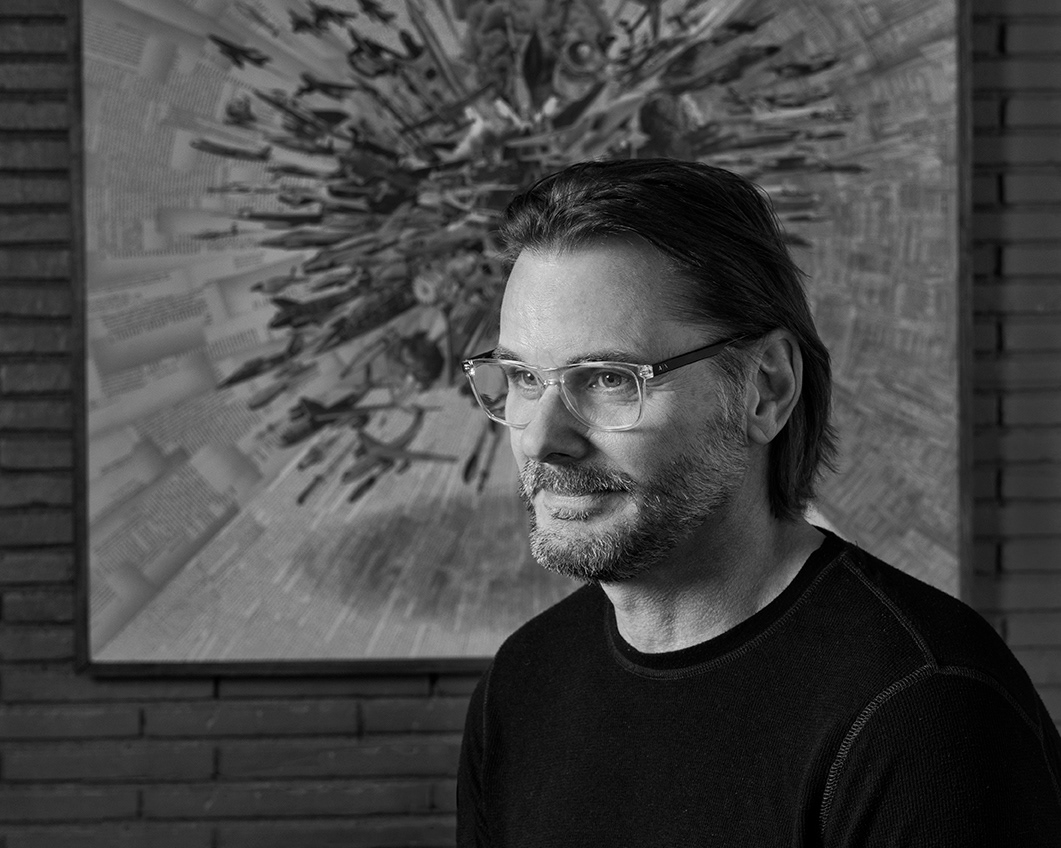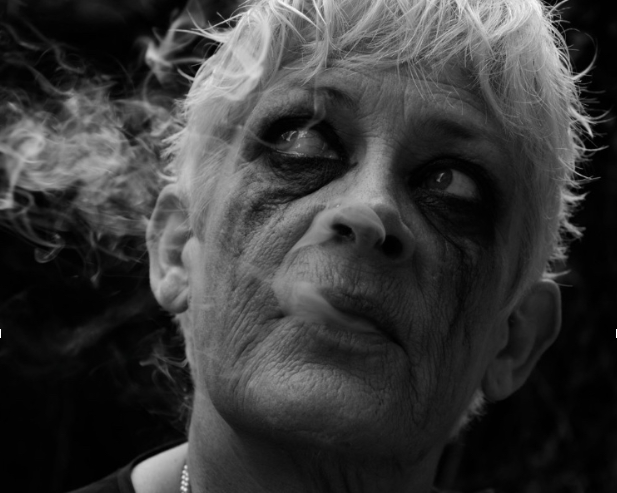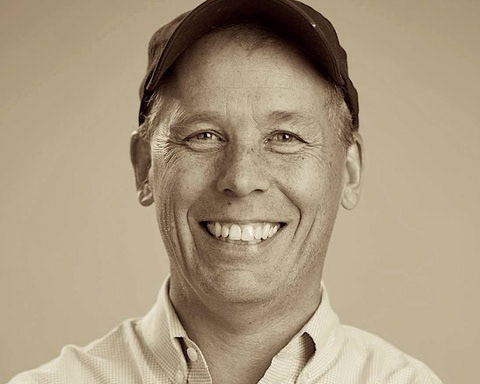If you ever get a chance to “grab a coffee” with Ernest, odds are…he won’t get a pause in edgewise. There’s also a pretty good chance that hour-long coffee you had scheduled on your calendar might actually go 3 hours over. And while both of these things might put you off if you haven’t met him - those who have know just how lucky they are to get 4 hours of generously-shared creative wisdom from one of the industry’s biggest thinkers and best storytellers.
Back when Ernest was just starting out and looking for his first job, he didn’t brush off the feedback a CD he interviewed with gave him about needing more relevant work in his portfolio. So, he went home, found out which accounts that CD was running, and wrote a pile of ads for every single one. Then went back first thing the next morning and presented them. Yes, he got the job. It’s with this sort of work ethic and intensity Ernest went on to become an award-winning creative at Wieden + Kennedy, the founding Creative Director of Anomaly, and one of the most in-demand branding consultants in the business.
When he’s not on a plane, at a shoot, or in a conference room, Ernest spends much of his time at his favorite table at Soho House (his coffee meeting spot of choice) wearing out the keys of his MacBook, working on branding assignments, or graphic novels (he produced one), or movie treatments (ask him about the one Spielberg optioned from him), or one of his numerous business ventures. When he’s not typing or talking, he’s definitely thinking. And we’re excited we get to share some of the brilliant thoughts on his mind.
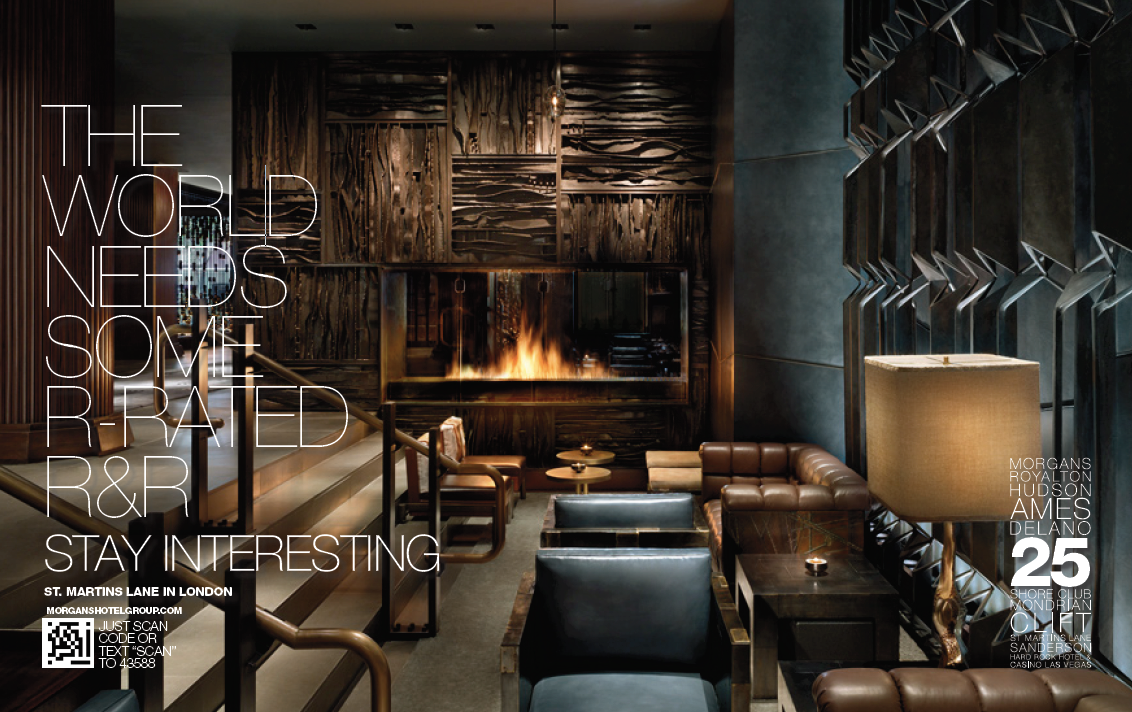
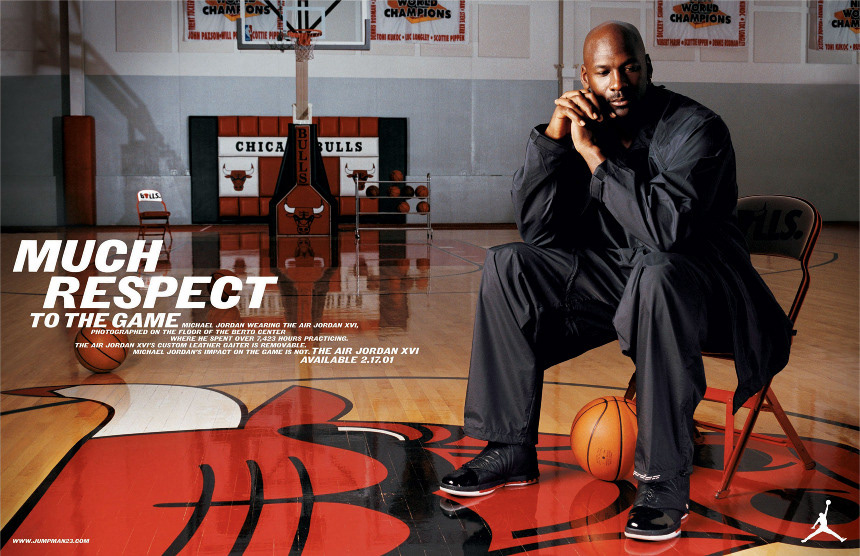
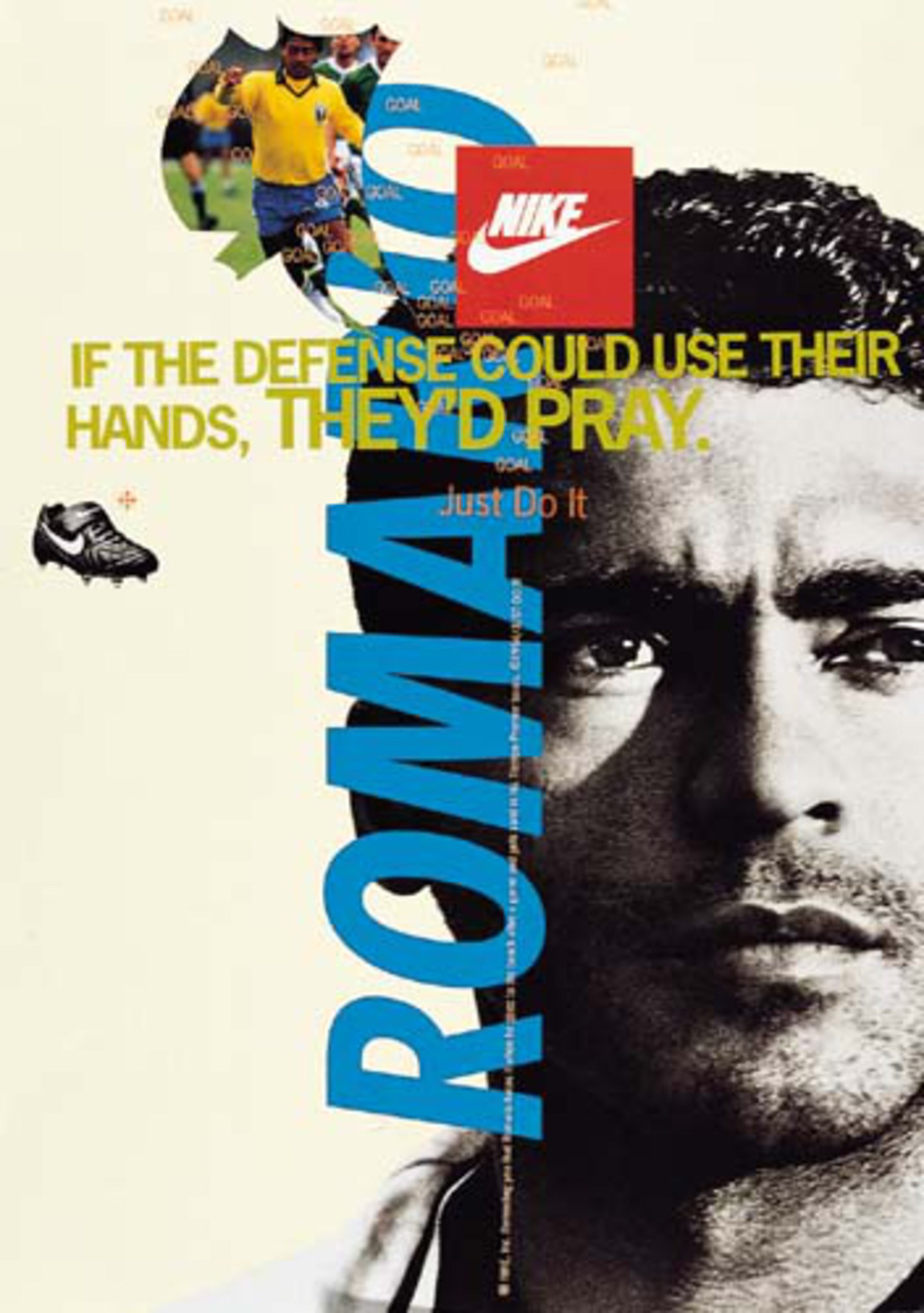
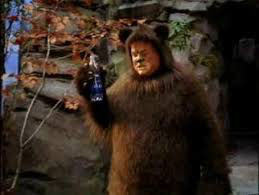
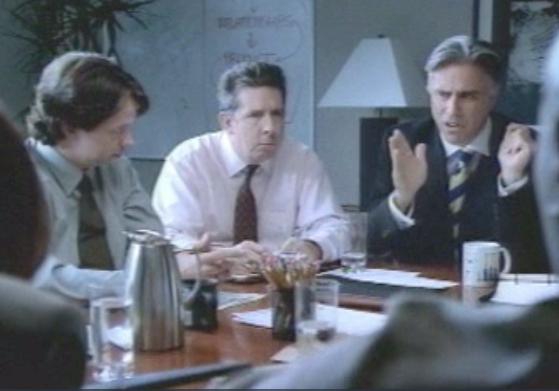
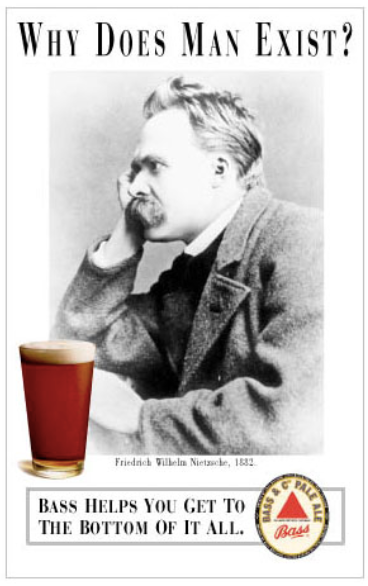
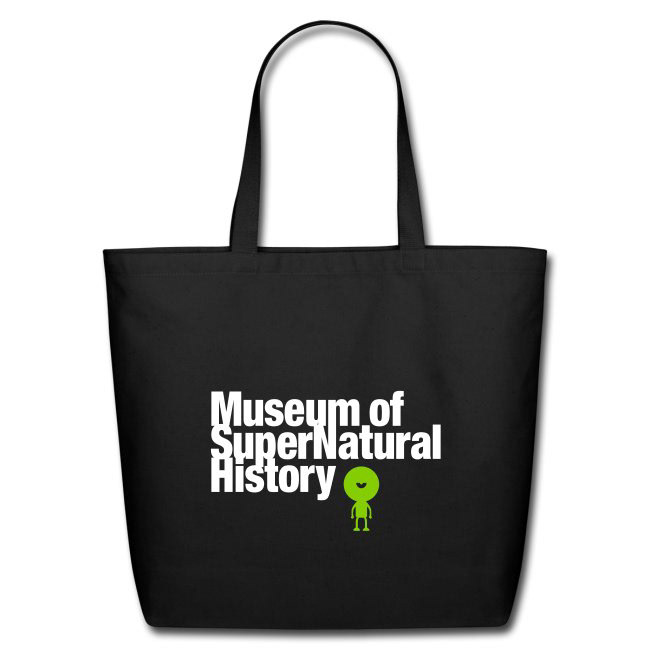
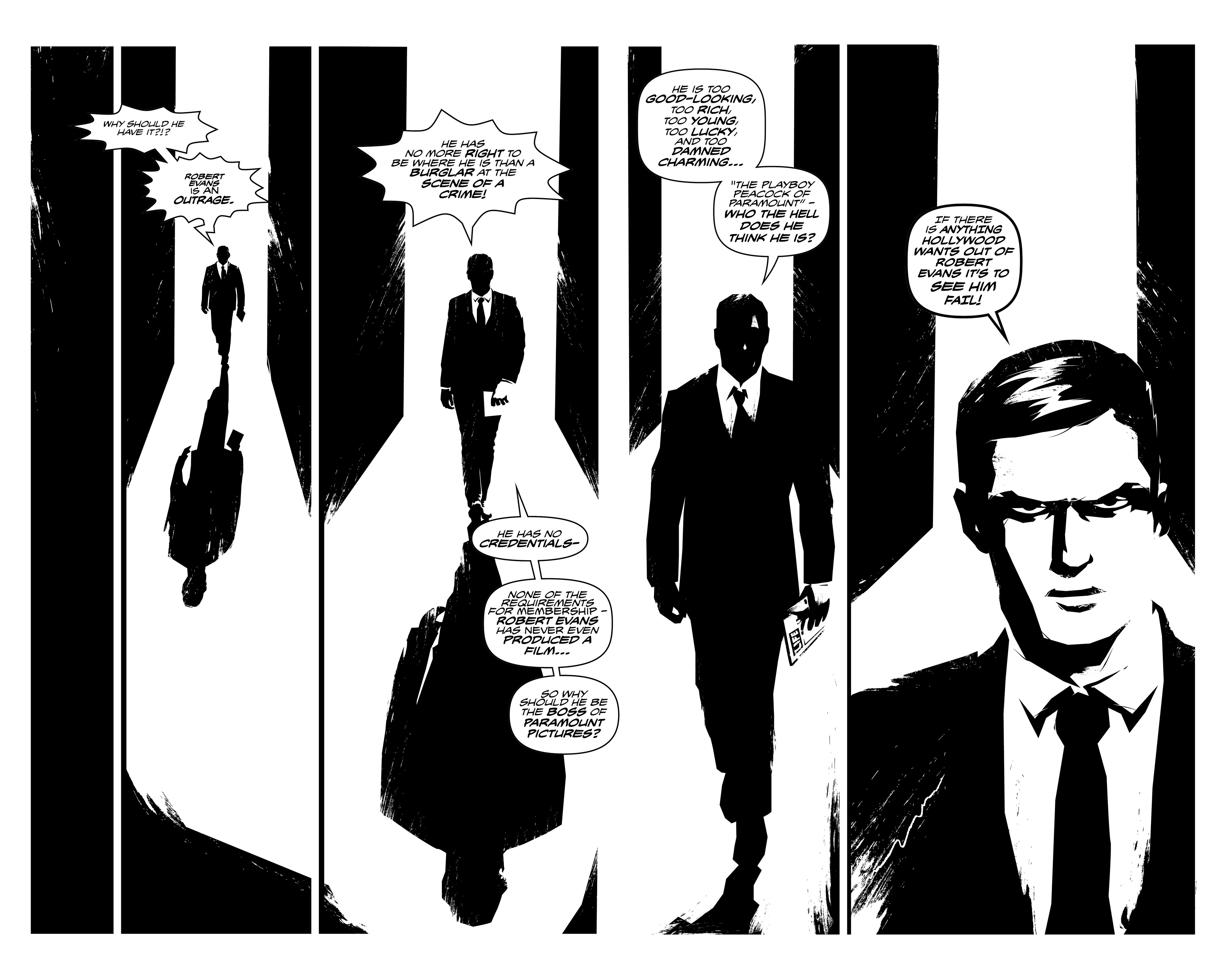
Is ageism in the industry something you thought about in your 30s? Your 40s?
It really wasn’t - and it was most likely the result of the sensibilities of the times. Growing up, all the really substantial people seemed, well… old. Or at least, older. Johnny Carson, Carroll Burnett, Howard Cosell, Frank Sinatra - the grownups were the ones who seemed to be both in charge and having all of the fun. Likewise, when I was 30, the number one show on television was SEINFELD, and everyone’s favorite character was Frank Costanza. So, 30 never seemed old, and 40 never seemed old. On the other hand, I can tell you from personal experience that 50 is starting to feel old.
Is ageism something that’s affected you? What are some of the challenges you faced as a person who was getting older in the business? Do tell.
I don’t feel like I’ve been affected by ageism… yet. But I’m certainly conscious of the fact that “the clock is ticking.” Regarding the challenges - obviously the need and desire to try and stay up to speed with culture and technology the most palpable. I’ve also been a big proponent of the concept that “nostalgia is RELATIVE…” here’s what I mean: in 1975 my favorite show was HAPPY DAYS; the show took place in 1955 - and that was ONLY 20 years prior. But it FELT like an eternity. This summer, when I watched the latest season of STRANGE THINGS, it occurred to me that it was set in 1984, and that was… HOLY SHIT. That’s already 35 years ago!
Tell us about your own creative journey. What are your thoughts on where you are now, compared to your mindset when you were in the beginning of your career?
In many ways, I feel like I’ve come full-circle. As a junior-creative I was very focused on big ideas and really honing my craft as a writer. In the interim, I became aware of all the nuances and complexities of the business of marketing and branding, as a whole. But now, having picked up a lot of insight and experience into innovation, production, implementation, management and operations - as well as benefitting from an incredible network of professional mentors, collaborators, and friends - I find I’m right back to being consumed by the big idea and the discipline of great writing.
Did the reality of the ad industry contribute to the decisions you made / the path you’ve taken?
I would say it was a combination of both the reality of the ad industry, as well as the opportunities those realities presented. One of my favorite quotes in the world is: “The definition of LUCK is when PREPARATION and OPPORTUNITY meet.” As such, I consider myself very, very lucky - because so often in my career, when an interesting opportunity presented itself, I was fortunate enough to be prepared to take explore it and take advantage of it. When boutique agencies were all the rage in the early 90’s, I got my first big break at Weiss, Whitten, Carroll, Stagliano. When American brands began pushing into Europe, I got hired by Dan Wieden to work on Nike in Amsterdam. When the first age of the internet hit, I was able to freelance for dozens of agencies - and create the original William Shatner Priceline campaign. When the holding company model started to falter, I founded Anomaly. When the tech companies became power brands, Andy Berndt brought me in as the first employee of the Google Creative Lab. When Hollywood began managing their movie franchises more like brands, I was able to leverage my experience in advertising and had two feature films optioned by major studios. And for the last few years - as brand tech and direct-to-consumer brands have become the growth area, I’ve invested financial and intellectual capital in almost a dozen brands, so now I’m an actual equity partner with many of my clients. I know this is going to sound cliché, but if you think of it as “the ad industry,” your options seem limited. But if you remember that “the ad industry” is - at its core - a creative business, the opportunities seem almost endless.
“If you think of it as “the ad industry,” your options seem limited. But if you remember that “the ad industry” is–at its core–a creative business, the opportunities seem almost endless.”
What do you feel creative people over 50 can offer over to someone 20 years their junior, things that are unappreciated, or just plain overlooked?
When I was a quintessential hot-headed junior writer at my first full-time job, one of my Creative Directors pulled me aside and said: “You are brimming with TALENT, but you have zero EXPERIENCE - you need to understand the difference between the two, and then learn how to use your talent to GET experience, and then use your EXPERIENCE to exponentialize your talent.”
As the father of an incredibly precocious 14-year old daughter, not only am I astounded by how much I can and have learned from her, but I’ve also discovered how much I can offer her by listening to her ideas, entertaining her questions, and then trying to be “enlighteningly-supportive” rather than “stiflingly all-knowing.” That’s really the exciting thing about working with younger people; using your experience and expertise as a means of seeing how you can help make their ideas work, rather than just emphasizing why they might be flawed.
Along those lines, during the period of my career when the vast majority of my work was writing and producing television campaigns, one of my producers used to call my reel: “The Old Boys Club.” It was because the work I was most proud of featured William Shatner, Robert Goulet, Jerry Stiller, Robert Evans, Evel Knievel, Tony Randall, Pat Cooper, and basically any actor or personality over 70 who I could get into wardrobe. Over the years, I realized the reason I gravitated to those characters was because - not only had they personally seen it all and done it all - they were still all doing it with confidence and precision and passion.
“When I was a quintessential hot-headed junior writer...one of my Creative Directors pulled me aside and said: “You are brimming with talent, but you have zero experience - you need to understand the difference between the two.”
What is your advice to people who are nearing or over 40 in the ad industry?
Never rest on your laurels. Never stop learning and trying new things. And always strive to be the type of leader or elder-statesmen you looked up to when you were a junior. You have to keep finding way to challenge yourself - and make that challenge “the stick” that drives you. Over the years, I met a lot of really talented people who stopped being motivated by the stick and became focused on “the carrot;” the first-class airfare, the four-star hotel rooms, the award show circuit lifestyle. Those benefits can be great, but sometimes they just become ways to mitigate a job you don’t love doing anymore.
How are you approaching the next 10 years? What does your future hold?
My approach is a combination of methodical and erratic. There are some things that work for me all the time, and then there is always the need or desire to embrace the new and the unknown. Just like my “talent and experience” anecdote, I find that using what you know to learn what you don’t, and learning what you need to know by leveraging what you do… are both very efficient approaches. In terms of the future? I’ve sold a couple of feature film treatments, and now I’d like to get some movies made. I’ve helped start and advise some fantastic companies, and I’m intent on seeing them all succeed. I just about published my first graphic novel; it was one of the most intimidating and fulfilling experiences of my life. It forced me to rely on everything I already knew while learning a million new things. And as proud as I am of the product, I’m even more grateful for what I learned as a result of the process.
“I find that using what you know to learn what you don’t, and learning what you need to know by leveraging what you do… are both very efficient approaches.”
What are some positive things you’ve experienced as you’ve grown older in the business?
As implausible as it sounds for someone who’s worked in this business for as long as I have, I finally went to the Cannes Lions this past June for the first time in my life. I ran into dozens of old friends who are all doing amazing things. I met people I’ve always known by reputation and was able to finally connect with them. And I made new contacts with so many interesting people I didn’t even know existed. Being around all those unique, inspiring people reminded me of how fortunate I’ve been to have had the opportunity work in an industry that has allowed me to see and do and learn so much. To literally be able to make a living learning and creating while working with and for so many extraordinary individuals.
Who do you look to for inspiration?
I am the youngest of five siblings and in my family, I am known as “the quiet, dumb one…” I’m very close with my two older sisters and two older brothers, and the four of them have always been a tremendous source of inspiration. Obviously, there are all the collaborators I work with - many of whom have become my closest friends. And then of course there’s my daughter Georgia - who I often think is merely a figment of my imagination. She is already ten times funnier than me, ten times smarter than me, ten times more determined than me, and ten times more fearless than me. So, whenever I find myself vexed by the universe, I just paraphrase that famous question from the Sinatra era: “What Would Georgia Do?” and then I just Keep On Keepin’ On.

